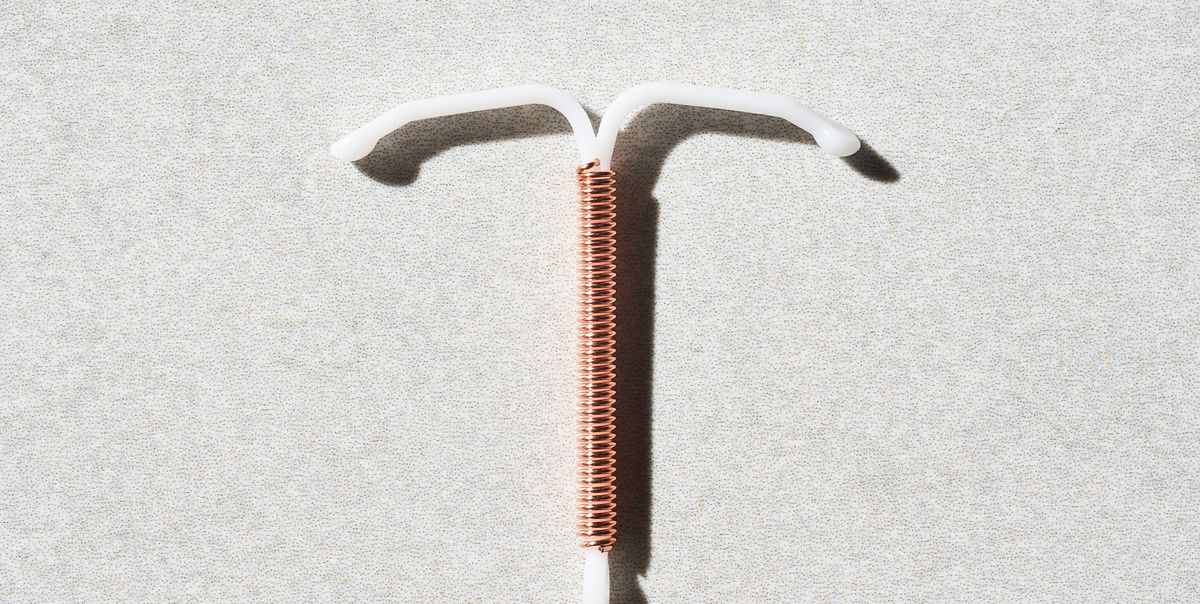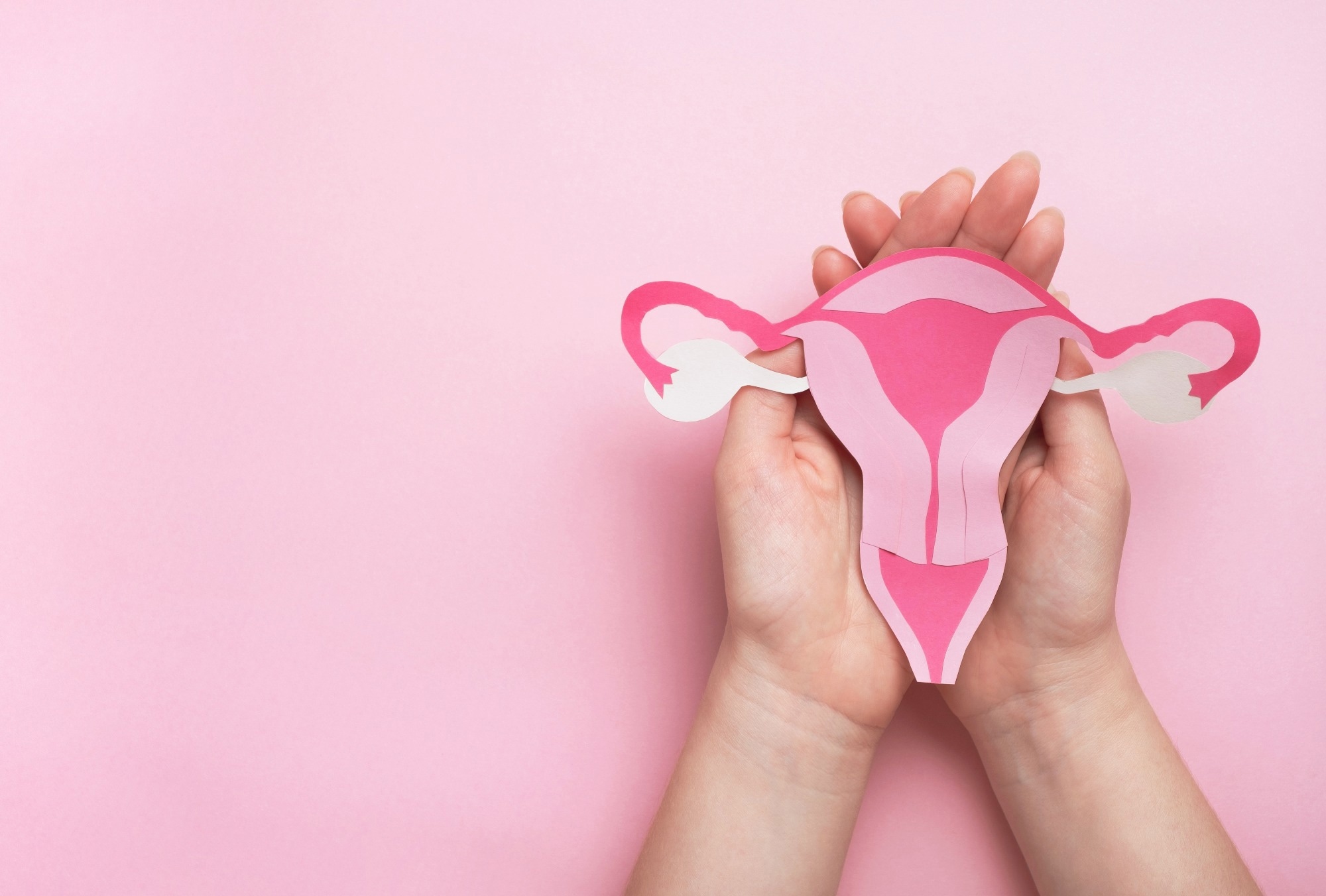Given the natural long-term health benefits of yoga, it is a safe and effective means of managing menopausal symptoms without the use of medication.

yoga helps manage menopausal symptoms, including stress and other mental health issues
Yoga is widely recognised as a complementary and alternative therapy for the management of menopausal symptoms, including hot flashes, mood swings, insomnia, and stress. Research into the effects of yoga on menopausal symptoms has shown promising results in reducing stress, anxiety, and depression, which are common complaints during menopause.
Stress during menopause is a significant concern for many women as it can exacerbate other symptoms like hot flashes, mood swings, and insomnia. Yoga has been found to be an effective non-pharmacological approach to managing stress. Keep reading as we share yoga poses that could help improve your mental health during menopause and in general. We also share steps to help you get started.
Yoga poses to help manage mental health during menopause:
1. Trikonasana
- Looking straight ahead and comfortably spaced apart on a level surface
- Your right foot should now be facing outside with the heel pointed inward
- The heels ought to be parallel to one another
- Take a deep breath in and bend your torso to the right at the hip while straightening your left arm While you wait, you can put your right hand anywhere you feel comfortable, such as your ankle, shin, or even the mat
- You can look up at your left palm if it’s comfortable for you while keeping your head in line with your torso
- Now, allow the body to unwind
2. Vrikshasana
- Stand straight
- Raise your arms the hold them straight toward the ceiling
- Now lift either one of your legs and place your feet on the other thigh
- You can rest your right foot on the left knee on the side or anywhere from that to the thigh
- Ideally, your foot should be as far up on your thigh as it can get
- Hold this position for 30 seconds and repeat 4-5 times minimum
3. Bhujangasana
- Lie on the floor, face facing the ground
- Now, place your palms on your sides and slowly lift your torso
- At this point, the only body parts touching the ground should be your palms and lower body
- Hold this position for 30 seconds and release
- Repeat 3-4 times daily
4. Janu Sirsasana
- Sit on the floor with your left leg folded in (how you would normally sit with your legs folded)
- Place your right leg straight facing front
- At this point, your left foot should both be pointing towards the right and your right foot should be pointing at the front
- Now take both of your arms and use them to hold your right leg
- At this point, your head should be facing your right leg, hence the name ‘head-to-knee pose’
- Hold this position for a few seconds and release slowly
- Repeat this on the other side and do 4-5 sets
5. Uttanasana
- Stand straight
- Now, slowly bend forward
- The goal is to place your palms on the floor (folding your body in half)
- Touching your toes may also be enough if you are unable to bend far enough. As discussed above, this position can be modified. Hence, taking your hands as far toward the floor as they can is adequate and helpful.
- At this point, your face is supposed to be facing your legs, the top of your head facing the floor
- Repeat this a few times in small intervals
6. Marjaryasana-bitilasana
- Get on your knees and hands (How you would imitate a four-legged animal)
- Lift your back upwards, forming a mountain-like structure
- While you do that, make sure you push your face inwards, looking at your own torso
- Now, push your back inwards, forming a ‘U’ position with your back
- While you do that, look toward the ceiling
- Repeat mountain motion with face inwards and then ‘U’ structure with face upwards for a minute
In conclusion, yoga is a holistic approach to managing menopausal symptoms, including stress and other mental health issues. Regular practice can improve a wide range of symptoms associated with menopause while promoting a sense of well-being.
Disclaimer: This content including advice provides generic information only. It is in no way a substitute for a qualified medical opinion. Always consult a specialist or your own doctor for more information. NDTV does not claim responsibility for this information.
DoctorNDTV is the one stop site for all your health needs providing the most credible health information,
health news and tips with expert advice on healthy living, diet plans, informative videos etc. You can get the most relevant and accurate info you need about health problems like
diabetes,
cancer,
pregnancy,
HIV and AIDS,
weight loss and many other lifestyle diseases. We have a panel of over 350 experts who help us develop content by giving their valuable inputs and bringing to us the latest in the world of healthcare.







